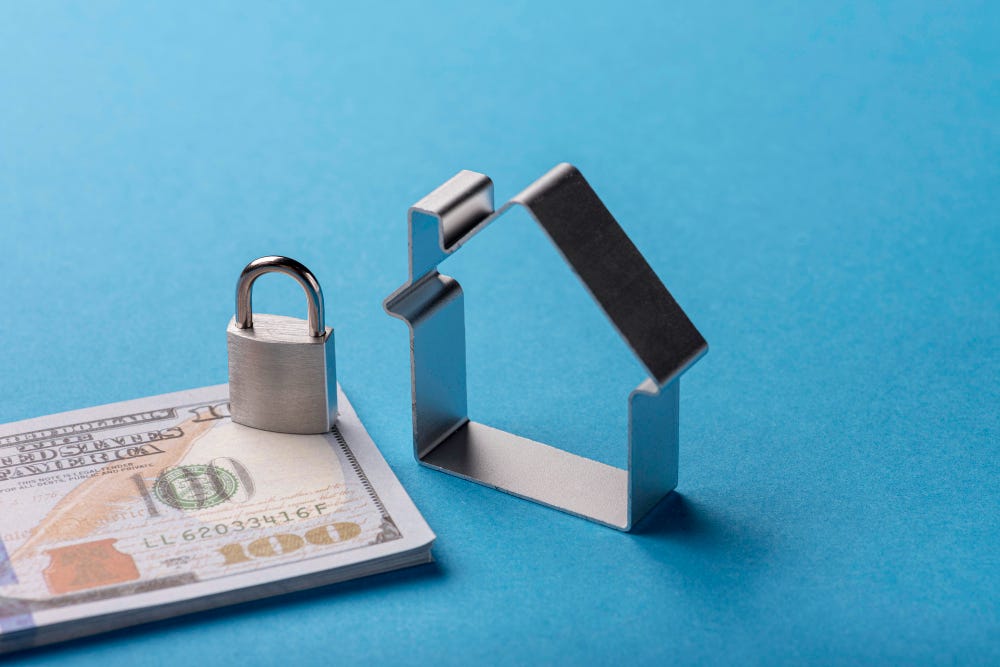Share Secured Loan Pros And Cons
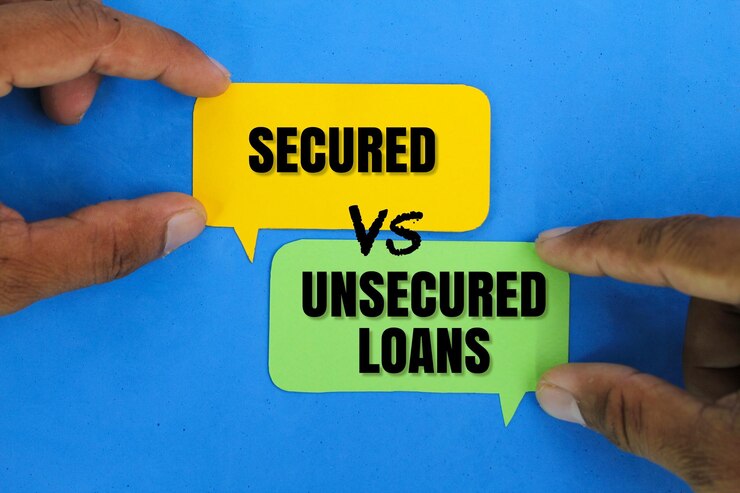
For individuals seeking to borrow funds without undergoing a rigorous credit check or depleting their existing savings, share-secured loans offer an intriguing alternative. However, like any financial product, they come with a unique set of advantages and disadvantages that borrowers should carefully consider before committing.
This article delves into the intricacies of share-secured loans, exploring their potential benefits and drawbacks. Understanding these aspects is crucial for making informed financial decisions, especially in today's dynamic economic landscape.
What is a Share-Secured Loan?
A share-secured loan is a type of loan that is secured by the borrower's savings account or certificate of deposit (CD) at a financial institution.
The amount you can borrow is usually limited to the amount you have on deposit, or a percentage of it. This collateral minimizes the risk for the lender.
It allows borrowers to access funds without selling their investments or impacting their credit score negatively.
Key Details Explained
The "who" involved includes borrowers (individuals seeking loans) and lenders (banks, credit unions, or other financial institutions).
The "what" is a loan secured by the borrower's deposit account.
The "where" refers to any financial institution that offers this type of loan, and the "when" is whenever a borrower needs access to funds without liquidating their savings.
The "why" is to obtain a loan with potentially lower interest rates and easier approval compared to unsecured loans. The "how" involves applying for the loan and pledging the deposit account as collateral.
The Pros of Share-Secured Loans
One of the primary advantages of a share-secured loan is its accessibility.
Since the loan is secured, lenders often approve these loans even for borrowers with limited or less-than-perfect credit histories.
This can be a valuable option for individuals who may not qualify for traditional loans.
Lower interest rates are another significant benefit. Because the loan is secured, the lender's risk is reduced.
This allows them to offer lower interest rates compared to unsecured loans or credit cards.
This can translate into substantial savings over the life of the loan.
Furthermore, share-secured loans can help borrowers build or rebuild their credit.
Responsible repayment of the loan is reported to credit bureaus, which can positively impact a borrower's credit score over time.
This can open doors to better financial opportunities in the future.
The Cons of Share-Secured Loans
Despite the advantages, share-secured loans also have potential drawbacks. The most significant risk is the loss of the collateral.
If a borrower defaults on the loan, the lender has the right to seize the funds in the pledged savings account or CD to cover the outstanding debt.
This can be particularly problematic if those funds were intended for other important purposes.
Another potential disadvantage is the limited access to the secured funds. While the loan is outstanding, the borrower cannot withdraw or use the funds in the pledged account.
This can create a liquidity constraint, especially if unexpected expenses arise. Borrowers need to carefully consider whether they can afford to tie up their savings for the duration of the loan.
Finally, while interest rates are often lower than unsecured loans, they may still be higher than the interest earned on the savings account or CD.
This means that the borrower is essentially paying to borrow their own money.
It's crucial to compare the interest rate on the loan with the earnings on the secured account to determine if the loan is truly cost-effective.
Potential Impact and Considerations
Share-secured loans can be a useful tool for individuals in specific situations, but they are not a one-size-fits-all solution.
They are particularly beneficial for those with limited credit history or those seeking to rebuild their credit.
However, borrowers should carefully assess their financial situation and ability to repay the loan before committing.
Financial experts often recommend considering alternative options, such as personal loans or lines of credit, before opting for a share-secured loan, especially if the interest rates are comparable.
It is essential to shop around and compare offers from different financial institutions to ensure the best possible terms.
According to the National Credit Union Administration (NCUA), it is important to understand all the terms and conditions of a loan before signing any agreement.
Furthermore, borrowers should be aware of any fees associated with the loan, such as origination fees or prepayment penalties.
Conclusion
Share-secured loans offer a unique lending solution with both advantages and disadvantages.
Their accessibility and potential for credit building make them attractive to certain borrowers, while the risk of losing collateral and limited access to funds require careful consideration.
By weighing these factors and understanding their own financial circumstances, individuals can make informed decisions about whether a share-secured loan is the right choice for them.

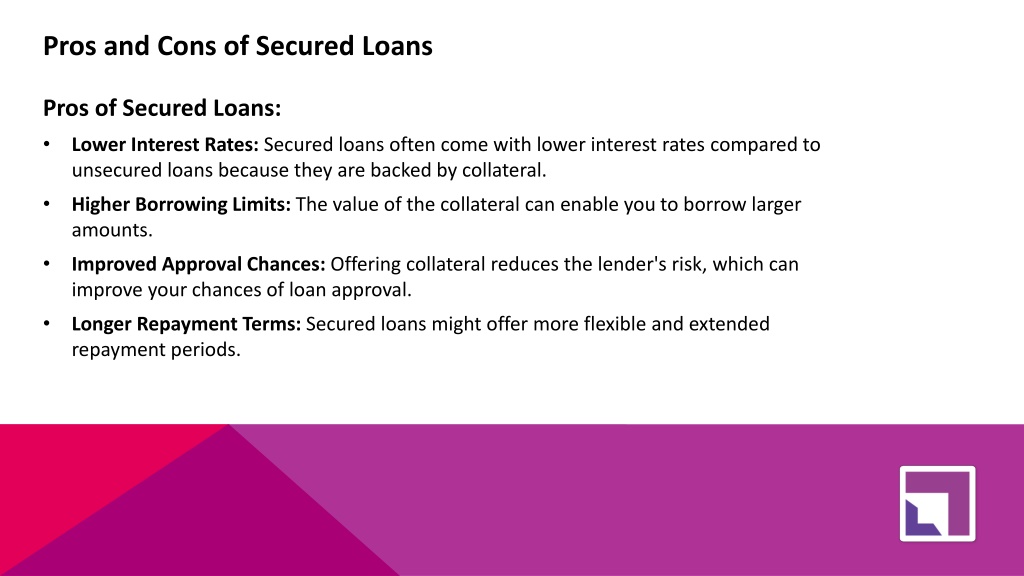
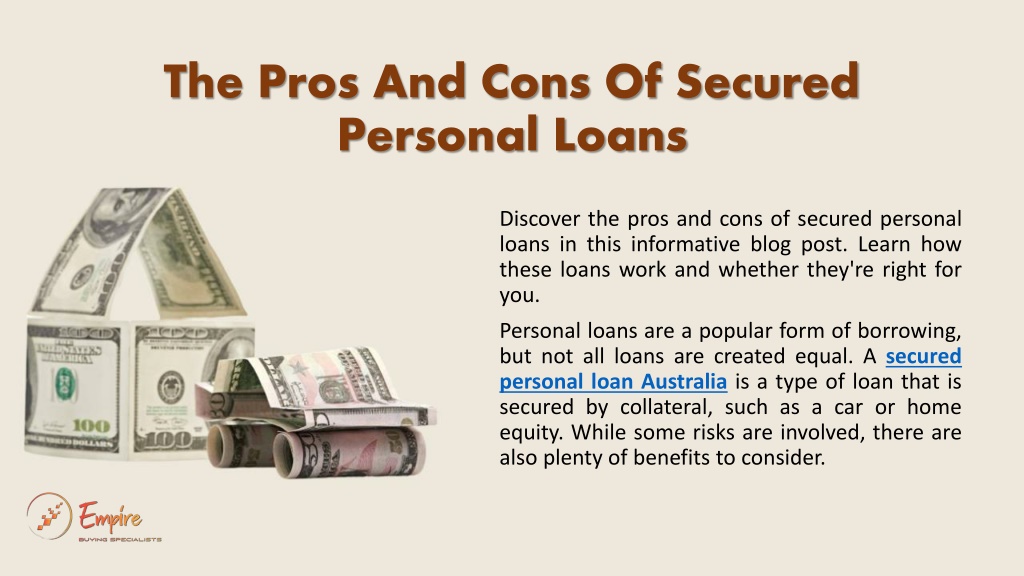

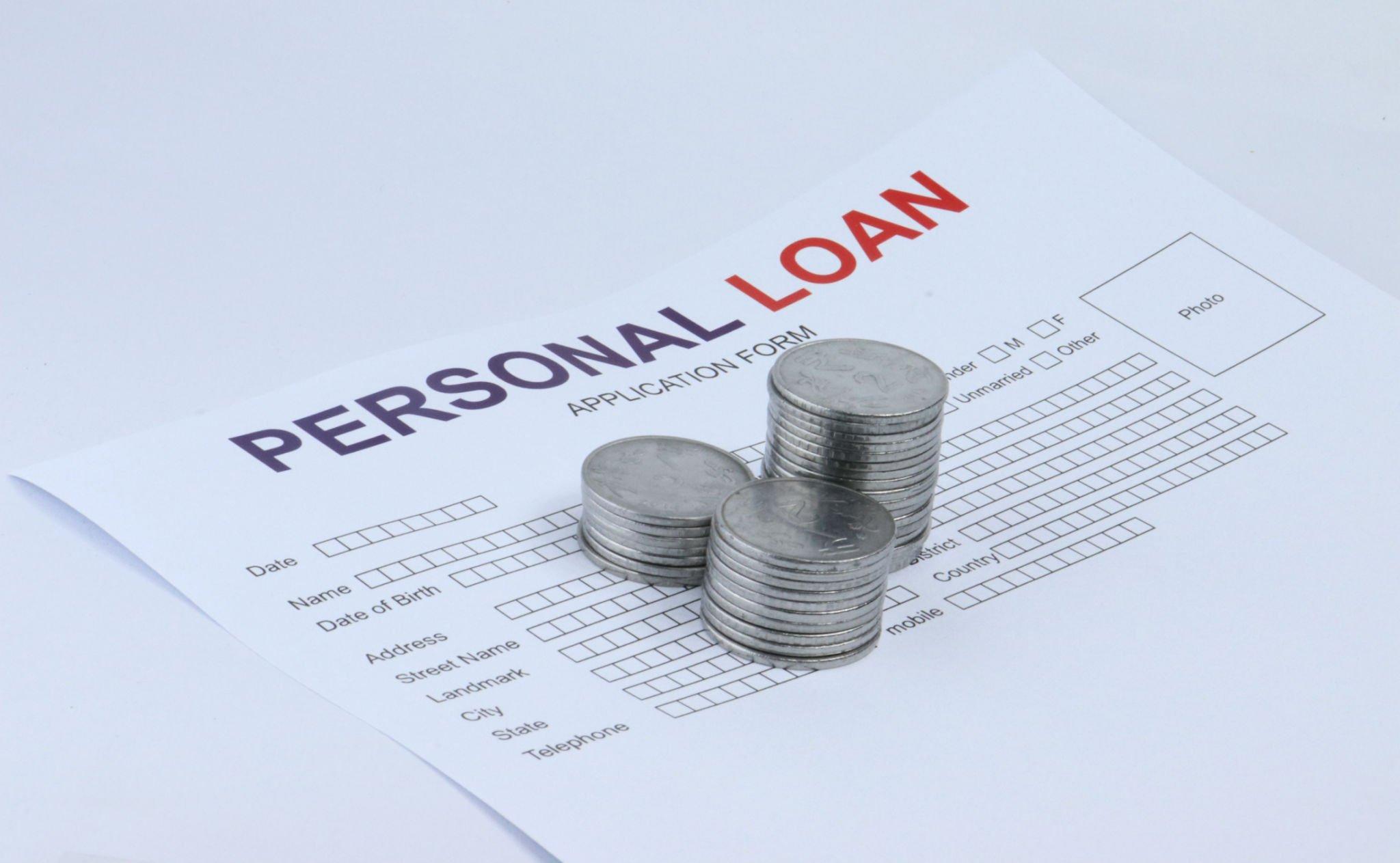


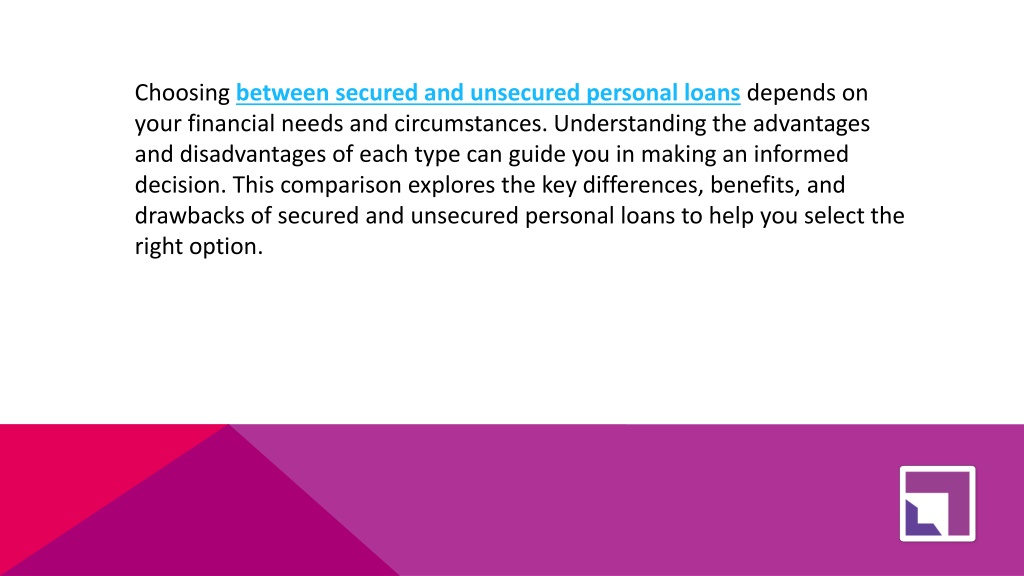
:max_bytes(150000):strip_icc()/what-difference-between-secured-and-unsecured-debts.asp-final-c2040f78625b44d98372ea024fa51697.png)
